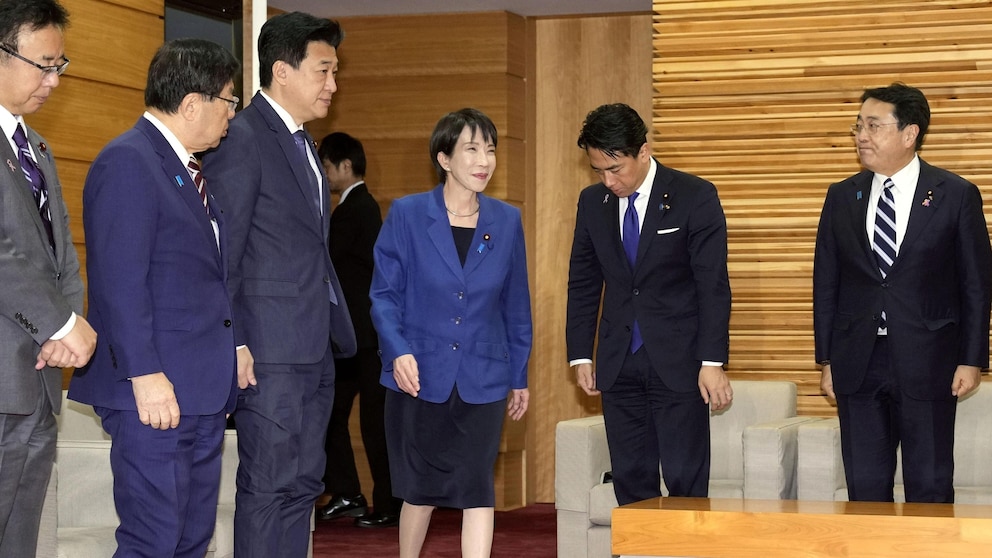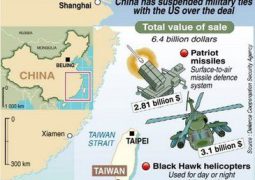Japan’s Cabinet approves largest post-pandemic stimulus plan – $135 bn. – 17,7 trln. yen


The government approved a comprehensive package of economic measures centered on countering rising prices that calls for 17.7 trillion yen ($112 billion) in general account outlays, the largest since the novel coronavirus pandemic.
The package, approved at a Cabinet meeting on Nov. 21, is the first under the administration of Prime Minister Sanae Takaichi, which champions “responsible proactive fiscal policy.”
General account spending is nearly 4 trillion yen more than the previous fiscal year’s package of 13.9 trillion yen.
The overall package, which also features tax reductions worth 2.7 trillion yen by scrapping the gasoline tax surcharge and raising the income tax threshold, comes to 21.3 trillion yen.

To secure funding, the government will submit a supplementary budget proposal for the current fiscal year to the ongoing extraordinary Diet session, aiming for passage by year’s end.
In recent days, plans for a massive economic stimulus package spawned concerns over deteriorating public finances in financial markets, triggering sales of the Japanese currency and government bonds and a spike in long-term interest rates linked to bond yields.
The package calls for spending 8.9 trillion yen on securing livelihoods and addressing high prices, 6.4 trillion yen on investments in crisis management and economic growth, and 1.7 trillion yen on strengthening defense and diplomatic capabilities, all from the general account.
An additional 900 billion yen will be funded from special accounts. Separately, 700 billion yen will be set aside for contingency reserves.
For inflation-relief measures, the government plans to budget 2 trillion yen to expand priority support local grants, which municipalities can use for their own initiatives.
Of that amount, 400 billion yen will be used to provide support worth about 3,000 yen per person through rice coupons, premium shopping vouchers and other means under a special framework for measures focusing on food prices.
To support child-rearing households, 400 billion yen will be earmarked to provide a cash handout of 20,000 yen per child.
In addition, 500 billion yen will be allocated to subsidize electricity and gas bills by about 7,000 yen per average household over the first three months of next year.
- Previous French intelligence and Indians believe in Rafale jets and Chinese disinformation campaign against $400 mln. a piece plane
- Next ‘Could you make it $1.5 trillion?’ Major deals signed by Saudi crown prince MBS on his US visit










